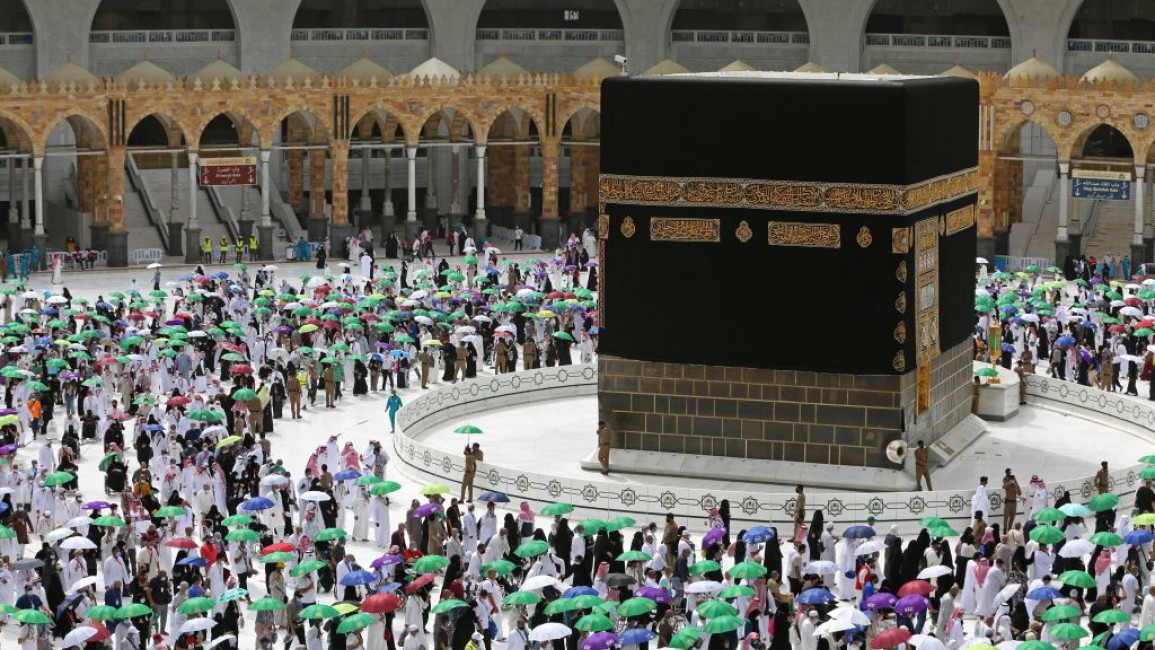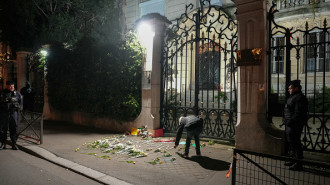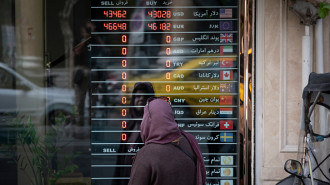Saudi Arabia cancels 14-day waiting period for Umrah pilgrims
Saudi authorities have cancelled a requirement that worshippers who wish to perform the Umrah pilgrim must wait 14 days before booking the religious ritual, local reports said on Monday.
The Saudi ministry of Hajj and Umrah said the move comes after the operational capacity of the Grand Mosque for Umrah and prayers was significantly increased following recent lifting of Covid-related restrictions.
"In line with the developments at this stage, which in turn increased the demand in the dates available to perform Umrah, the Saudi Ministry of Hajj and Umrah made this feature available for pilgrims. This condition is no longer necessary and will achieve a fair opportunity for all due to the high demand," Dr. Amr Al-Maddah, chief of planning and strategy officer at the ministry, told Arab News.
Last week, the Grand Mosque in the Muslim holy city of Mecca began operating at full capacity, with worshippers praying shoulder-to-shoulder for the first time since the coronavirus pandemic began.
Workers removed floor markings that guided people to social distance in and around the Grand Mosque, which is built around the Kaaba - the black cubic structure towards which Muslims around the world pray.
While social distancing measures were lifted, the authorities said visitors must be fully vaccinated against coronavirus and must continue to wear masks on mosque grounds.
Saudi Arabia announced in August it will begin accepting vaccinated foreigners wanting to make the Umrah pilgrimage.
The Umrah can be undertaken at any time and usually draws millions from around the globe, as does the annual Hajj, which able-bodied Muslims, who have the means to, must perform at least once in their lifetime.
In July, only around 60,000 inoculated residents were allowed to take part in a vastly scaled-down form of the annual Hajj.
The Covid-19 pandemic hugely disrupted both Muslim pilgrimages, which are usually key revenue earners for the kingdom that rake in a combined $12 billion annually.
Hosting the pilgrimages is a matter of prestige for Saudi rulers, for whom the custodianship of Islam's holiest sites is their most powerful source of political legitimacy.
Saudi Arabia has registered over 547,000 coronavirus cases and 8,760 deaths.



